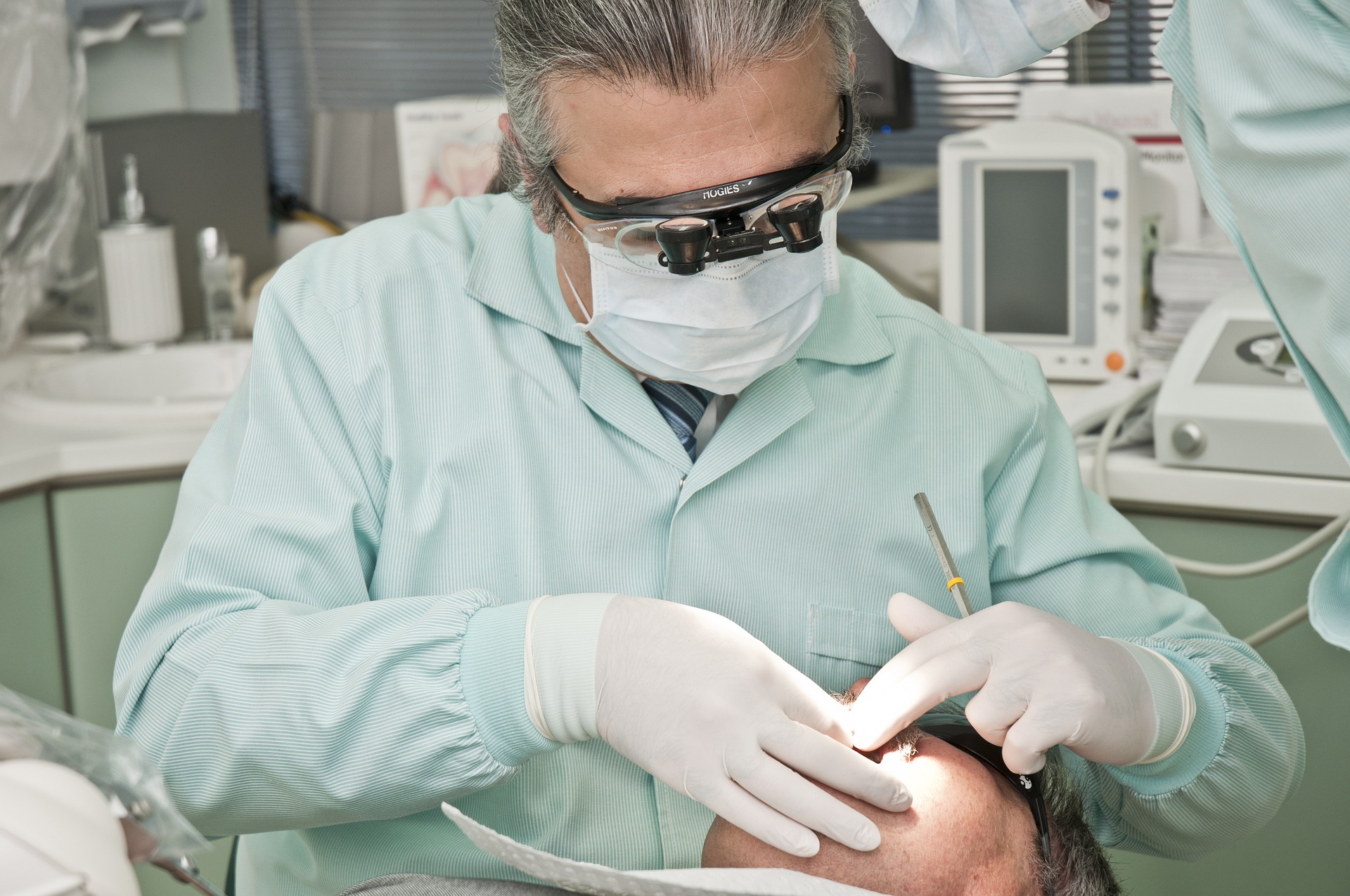NHS Rhinoplasty Eligibility: Medical Necessity Assessment Guide
The NHS provides rhinoplasty surgery when specific medical criteria are met, focusing on functional breathing problems rather than cosmetic concerns. Understanding the assessment process, eligibility requirements, and medical conditions that qualify for NHS funding can help patients navigate this complex healthcare pathway. This comprehensive guide explores how medical professionals evaluate cases, what documentation is required, and the realistic expectations patients should have when seeking NHS-funded nose surgery for legitimate medical reasons.

Rhinoplasty through the NHS operates under strict medical necessity guidelines that prioritize functional improvements over aesthetic preferences. The National Health Service evaluates each case based on documented medical conditions that significantly impact a patient’s quality of life, breathing function, or overall health. This assessment process involves multiple healthcare professionals and requires substantial medical evidence to support the need for surgical intervention.
How The NHS Assesses Medical Necessity For Rhinoplasty
The NHS assessment process begins with a referral from a general practitioner to an ear, nose, and throat specialist or plastic surgeon. Medical professionals evaluate patients using standardized criteria that focus on functional impairment rather than cosmetic dissatisfaction. The assessment includes detailed medical history review, physical examination, and often imaging studies to document structural abnormalities. Healthcare providers must demonstrate that conservative treatments have been attempted and failed before considering surgical options.
Documentation requirements are extensive and typically include breathing function tests, photographic evidence of deformities, and detailed reports of how nasal issues affect daily activities. The assessment process can take several months, with multiple appointments required to build a comprehensive case for medical necessity.
Understanding When Rhinoplasty Is Available On The NHS
NHS funding for rhinoplasty is available for specific medical conditions that cause functional problems. Congenital deformities such as cleft lip and palate, severe nasal trauma resulting in breathing difficulties, and chronic nasal obstruction that doesn’t respond to medical treatment are primary qualifying conditions. Patients with documented sleep apnea caused by nasal structural issues may also qualify for NHS funding.
The service excludes purely cosmetic procedures, even when patients express significant psychological distress about their appearance. However, cases involving severe facial disfigurement that impacts mental health may receive consideration under exceptional circumstances. Each Clinical Commissioning Group may have slightly different criteria, creating some regional variation in approval rates.
Medical Reasons For NHS Funded Nose Surgery
Several medical conditions commonly qualify for NHS-funded rhinoplasty. Deviated septum causing chronic breathing difficulties, nasal polyps requiring surgical removal with reconstruction, and traumatic injuries resulting in functional impairment are frequently approved conditions. Congenital abnormalities affecting breathing or facial development also receive priority consideration.
Chronic sinusitis with structural abnormalities, nasal valve collapse causing breathing restriction, and tumour removal requiring reconstruction are additional qualifying conditions. Patients must demonstrate that these conditions significantly impact their quality of life and haven’t responded to conservative treatments such as medications, nasal sprays, or breathing exercises.
The Assessment Timeline and Process
The NHS assessment timeline typically spans 6-12 months from initial referral to surgical approval. Patients first consult with their GP, who provides a referral to a specialist if medical necessity appears evident. The specialist consultation includes comprehensive examination, medical history review, and often requires additional testing or imaging studies.
Following the initial specialist assessment, patients may need to try conservative treatments for several months before surgical options are considered. This waiting period allows healthcare providers to document treatment failures and strengthen the case for surgical intervention. Some patients may require multiple specialist opinions or additional consultations with other healthcare professionals.
Cost Implications and Private Alternatives
NHS rhinoplasty is provided free at the point of care for qualifying patients, but the assessment and approval process can be lengthy and demanding. Private rhinoplasty costs in the UK typically range from £4,000 to £8,000, depending on the complexity of the procedure and surgeon experience. Some patients choose private treatment to avoid NHS waiting times or when their cases don’t meet strict medical necessity criteria.
| Provider Type | Average Cost | Waiting Time | Coverage |
|---|---|---|---|
| NHS | Free | 6-18 months | Medical necessity only |
| Private UK Clinic | £4,000-£8,000 | 2-4 weeks | All procedures |
| Private Hospital | £6,000-£12,000 | 1-3 weeks | All procedures |
Prices, rates, or cost estimates mentioned in this article are based on the latest available information but may change over time. Independent research is advised before making financial decisions.
Preparing for NHS Assessment
Successful NHS rhinoplasty applications require thorough preparation and documentation. Patients should maintain detailed records of breathing difficulties, sleep disturbances, and how nasal issues affect daily activities. Medical photographs, breathing test results, and specialist reports strengthen applications significantly.
Working closely with healthcare providers throughout the assessment process improves approval chances. Patients should be prepared to demonstrate that conservative treatments have been attempted and document their ineffectiveness. Clear communication about functional impairment rather than cosmetic concerns is essential for NHS approval.
Understanding NHS rhinoplasty eligibility requires recognizing that medical necessity takes precedence over aesthetic desires. The assessment process, while thorough and sometimes lengthy, ensures that surgical resources are allocated to patients with genuine medical need. Those considering rhinoplasty should work closely with healthcare providers to understand their options and prepare comprehensive documentation supporting their case.
This article is for informational purposes only and should not be considered medical advice. Please consult a qualified healthcare professional for personalized guidance and treatment.




